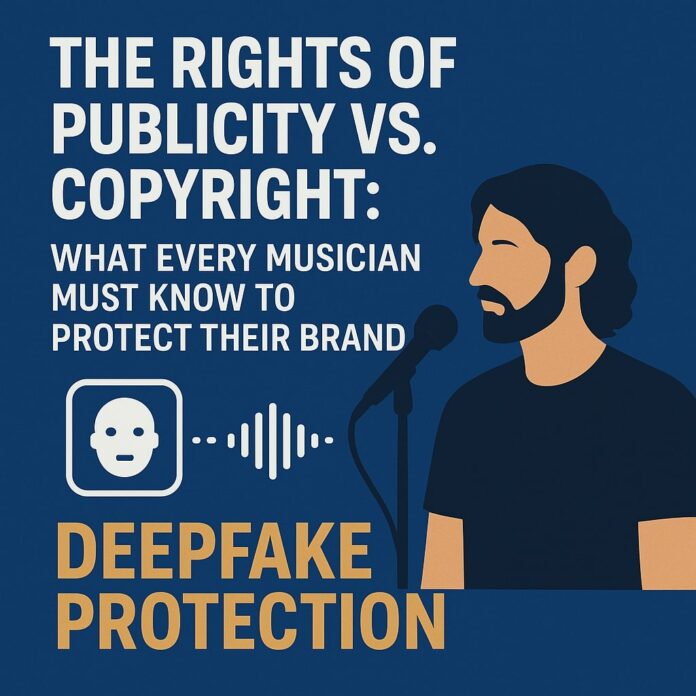
The Rights of Publicity vs. Copyright: What Every Musician Must Know to Protect Their Brand
In today’s digital music landscape, musicians face a new kind of threat: deepfake videos, AI-generated voice clones, and unauthorized likeness use. These technologies blur the line between what’s real and what’s replicated—and can damage your reputation, dilute your brand, and divert your income. To fight back, you need to understand the difference between two crucial legal tools: copyright and the right of publicity.
1. Understanding the Legal Foundations
What Is Copyright?
Copyright protects original works of authorship—like songs, lyrics, sound recordings, videos, and artwork. It gives creators exclusive rights to reproduce, distribute, perform, and make derivative works. But copyright protects the work itself, not your identity. Your name, face, or voice are not protected by copyright law alone.
That means if someone uses AI to clone your voice or simulate your image without copying your actual recordings or videos, copyright may not apply. It covers your creations, not your persona.
What Is the Right of Publicity?
The right of publicity protects your ability to control and profit from the commercial use of your name, image, likeness, voice, or signature. It prevents others from using your identity for commercial gain without your permission. Unlike copyright, it safeguards the person, not the creative work.
Some states or countries even extend publicity rights after death, while others limit them to living individuals. This right is especially powerful for musicians whose identity and persona carry commercial value.
2. How These Laws Work Against Deepfakes and AI Cloning
Why Copyright Often Falls Short
Deepfakes and AI voice models can imitate your voice or likeness without copying any existing content. Since there’s no direct copying, a copyright claim may not succeed. Even if an AI model was trained on your recordings, proving infringement can be complex unless the generated output clearly reproduces your work.
In short, copyright doesn’t stop someone from imitating you—it only stops them from copying your work.
How Publicity Rights Can Fill the Gap
Publicity rights are a stronger defense against deepfakes and unauthorized AI clones. They allow you to take action when someone uses your identity—such as your voice, image, or name—for advertising, music releases, or commercial purposes without consent.
Several states have already enacted or proposed laws specifically protecting against unauthorized digital replicas. These laws treat your likeness and voice as your property, making it illegal to clone them without permission.
3. Key Legal Distinctions Every Musician Should Know
- Expression vs. Identity: Copyright protects your songs and recordings; publicity rights protect your personal identity.
- Commercial Use Requirement: Most publicity claims require proof the unauthorized use was commercial or promotional.
- First Amendment Defenses: Some deepfake creators argue that parody or artistic use is “transformative” and protected by free speech laws.
- State-by-State Differences: Publicity laws vary by state, so your level of protection depends on where the violation occurs.
- Proof and Cost: You must prove use of your identity, lack of consent, commercial intent, and resulting harm or unjust profit.
- Other Legal Tools: You may also rely on trademark, false endorsement, unfair competition, or defamation claims alongside publicity rights.
4. Strategic Checklist for Protecting Your Brand
| Strategy | Action | Why It Matters |
|---|---|---|
| Register Your Works | Copyright all songs, videos, and images. | Strengthens your right to enforce ownership and claim damages. |
| Trademark Your Name | Secure your artist or band name as a trademark. | Stops others from exploiting your name in commerce. |
| Use Strong Contracts | Include “no AI cloning” or “no likeness replication” clauses. | Prevents others from using your image or voice without consent. |
| Monitor for Misuse | Set up alerts and AI-detection tools to catch clones early. | Early detection helps limit damage and enables quick takedowns. |
| Issue Takedowns | File DMCA or platform notices against infringing content. | Removes damaging material quickly. |
| Consult Legal Counsel | Work with an IP attorney familiar with AI and media law. | Ensures effective enforcement and negotiation. |
| Stay Current | Follow new deepfake and AI laws. | Laws evolve fast—being proactive keeps you protected. |
5. Real-World Scenarios for Musicians
AI Voice Clone Used in a New Song
If someone uses your cloned voice to release a new song without permission, you may have a strong publicity claim, even if copyright doesn’t apply.
Fake Video Endorsing a Product
An AI-generated video of you promoting a product you never endorsed can be grounds for a false endorsement and publicity violation.
Parody or Satirical Deepfake
Parodies are often protected as free speech if noncommercial and clearly satirical. These are tougher to challenge but can still be negotiated or flagged for removal.
Voice Clone in Advertisements
If your AI-generated voice appears in commercials, that’s direct commercial use and almost always actionable under publicity rights.
6. Emerging Legal Trends
- State-Level Protection: States like Tennessee have enacted laws protecting voice and likeness from unauthorized AI cloning.
- Federal Efforts: Proposed bills such as the NO FAKES Act and the No AI Fraud Act aim to create nationwide standards for likeness protection.
- Copyright Office Actions: The U.S. Copyright Office is studying how to regulate digital replicas and close current legal gaps.
- Courts Adapting: Judges are beginning to recognize that identity-based harm requires distinct remedies beyond copyright.
7. What Every Musician Should Do Right Now
- Audit your contracts for AI and likeness protection clauses.
- Register all creative works and trademarks.
- Set up AI-monitoring tools and alerts.
- Have legal templates for cease-and-desist or DMCA requests.
- Act fast when you spot deepfakes or clones.
- Choose litigation venues strategically for maximum protection.
- Support legislation that protects artist identity rights.
- Educate your team and collaborators about AI risks.
- Consider IP insurance for legal defense coverage.
Conclusion
Your voice, image, and persona are part of your creative identity—and that identity is now a valuable form of intellectual property. While copyright protects the works you create, the right of publicity protects you. In the age of AI, musicians must use both tools strategically to guard against unauthorized likeness use, deepfakes, and impersonations.
Proactive protection—through registration, contracts, monitoring, and legal enforcement—is your best defense. The music industry is evolving, but with the right knowledge and preparation, you can keep your brand authentic, your reputation intact, and your creative legacy secure.















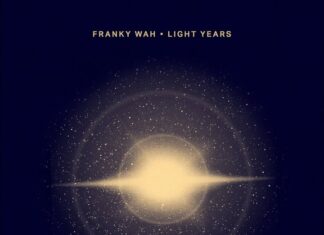
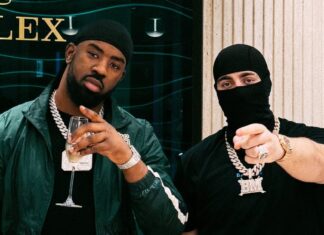

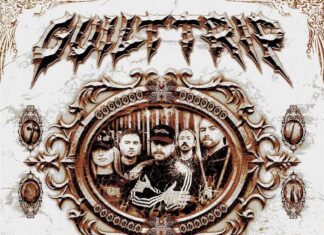
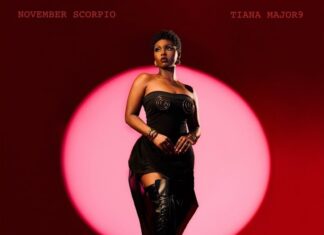
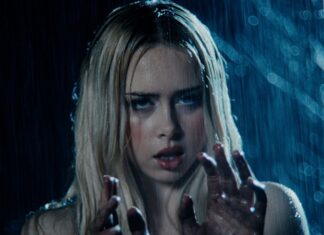
 🔥 Limited Time: Get 55% OFF All Plans - Ends in:
🔥 Limited Time: Get 55% OFF All Plans - Ends in: